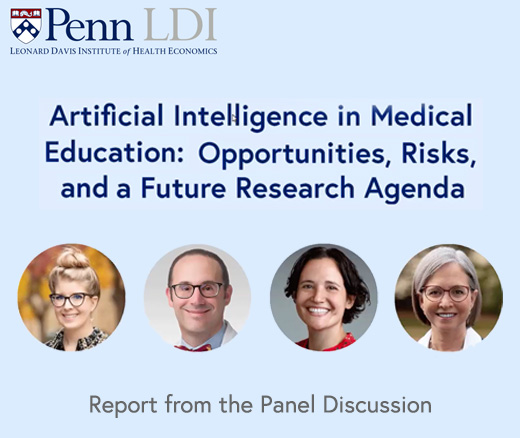
Inside ICE Detention: Many Facilities Operated Without Qualified Health Staff
A New Study of a Sample of Facilities Found Half Without Any Behavioral Health Staff
In Their Own Words

The following excerpt was published on MedPage Today on June 18, 2025.
In early 2022, my daughter wrote a poem that likened the post-pandemic world to escaping a “canyon we’ve been trapped in for so long. All our tools lie broken behind us, yet we lift our voices to song.” Around that time, she was also diagnosed with autism spectrum disorder.
After the 2024 presidential election, my daughter told me that she was afraid people with autism would be “persecuted.” As her parent and as a bioethicist, I see her point when I consider HHS Secretary Robert F. Kennedy Jr.’s autism research agenda.
Kennedy is a well-known vaccine skeptic who has refused to say that vaccines do not cause autism even when confronted with compelling evidence no link exists. What he has said is that children with autism will “never pay taxes…never hold a job…never play baseball…never write a poem…never go out on a date. Many of them will never use a toilet unassisted.”
My initial reaction upon hearing this was to turn to my husband and say, “Really? They’ll never write a poem?” My second was to observe that people don’t have to work or write to have value, nor do they need to be in romantic relationships or even use the restroom without help to live good lives, lives they value.
In March, under Kennedy’s leadership, HHS hired David Geier — who has a history of conducting unethical research and who once was disciplined by the Maryland State Board of Physicians for practicing medicine without a license — to study the link between autism and vaccines. In April, HHS trumpeted the creation of a national autism registry that would combine data from public and private insurance claims, electronic medical records, pharmacies, laboratory and genetic tests, and consumer wearables. The plan was withdrawn in the face of substantial criticism from researchers, privacy experts, and the autistic community. Most recently, HHS announced the creation of “a real-world data platform” combining data from insurance claims, electronic medical records, and consumer wearables, and enabling research into the “root causes” of autism.
See the full op-ed here.


A New Study of a Sample of Facilities Found Half Without Any Behavioral Health Staff

Physicians Were Paid About 10% Less for Visits Involving Black and Hispanic Patients, With Pediatric Gaps Reaching 15%, According to a First-of-Its-Kind LDI Analysis

A New Review Finds Hospital Mergers Raise Prices Without Improving Care, and Urges Regulators to Stop Accepting Quality Claims to Justify Consolidations

CMS’s Main Risk Adjustment Method Underestimates Rural Patients’ Health Risks, LDI Fellows Show, Potentially Reducing Access to Care in the Heartland

Experts at Penn LDI Panel Call for Rapid Training of Students and Faculty

A Proven, Low-Risk Treatment Is Backed by Major Studies and Patient Demand, Yet Medicare and Insurers Still Make It Hard To Use